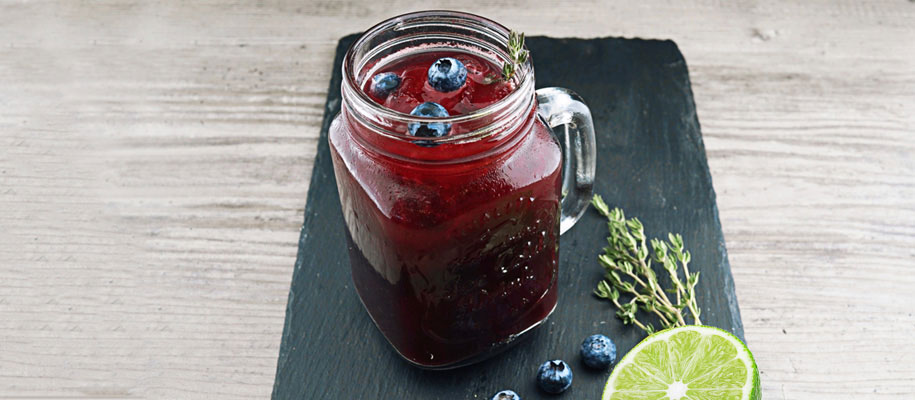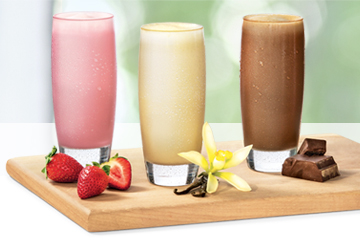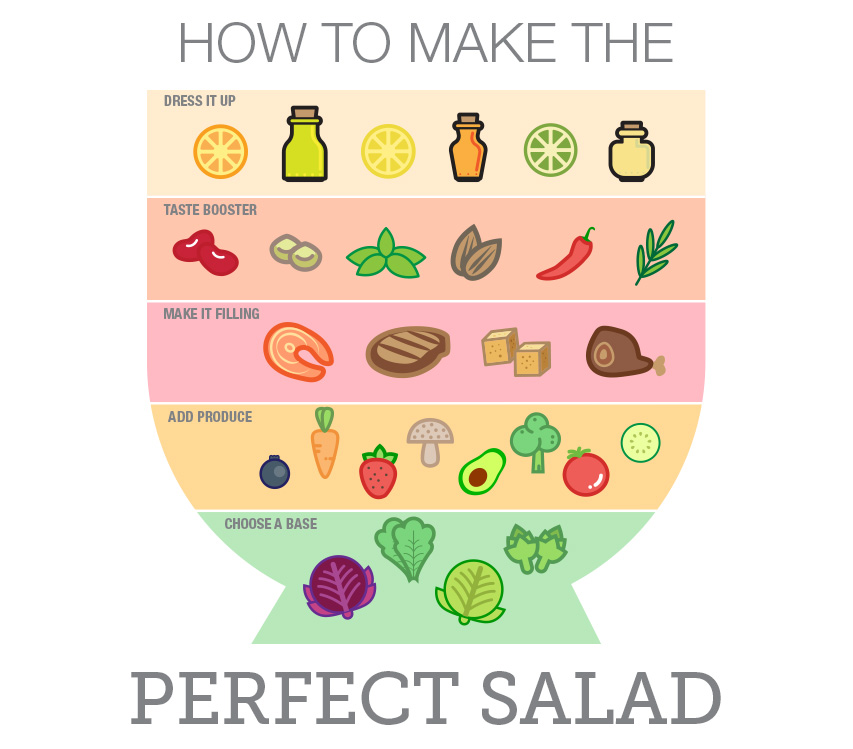Written by Dr. Masís
In a previous blog about probiotics, we discussed the top things you need to do about these special microbes (or tiny forms of life such as bacteria, viruses and fungi) that thrive in different parts of your body, particularly in your gut! To recap, probiotics are microbes that help support your intestinal microbial ecosystem and balance.1 So now that you know a little bit more about probiotics, you have no doubt also become aware of the term prebiotic and are probably thinking—yes there’s more to know than just probiotics! Prebiotics do differ from probiotics in many ways. Think of prebiotics as a fuel source for the beneficial bacteria in your gut.Continue reading








 It seems that very often we are told about the importance of having fruits, vegetables and whole grains in a balanced diet to obtain needed vitamins and minerals. With all the benefits of these foods, we forget that these foods also contain fibre which is an important part of our everyday diet. Fibre can help you in multiple ways. It can help you with controlling your weight by making you feel full for a longer time and it can also help you with digestion, as it aids with the movement of food through your digestive system.1 Foods with higher fibre amounts may make you feel full longer as they are more satisfying.1 Consider what may make you feel full longer—drinking a glass of apple juice or eating an apple whole. A whole apple may make you full longer because of the fibre in the apple and in its skin. Also, with enough fluid, fibre can help glide food through your system more quickly, helping you with issues of constipation.1 Some types of fibre provide the benefits of lowering levels of blood sugar and blood glucose, which in turn, can lower your risk of getting diabetes or heart disease.2 Fibre is a powerhouse for providing benefits to your digestive and heart health and overall well-being.
It seems that very often we are told about the importance of having fruits, vegetables and whole grains in a balanced diet to obtain needed vitamins and minerals. With all the benefits of these foods, we forget that these foods also contain fibre which is an important part of our everyday diet. Fibre can help you in multiple ways. It can help you with controlling your weight by making you feel full for a longer time and it can also help you with digestion, as it aids with the movement of food through your digestive system.1 Foods with higher fibre amounts may make you feel full longer as they are more satisfying.1 Consider what may make you feel full longer—drinking a glass of apple juice or eating an apple whole. A whole apple may make you full longer because of the fibre in the apple and in its skin. Also, with enough fluid, fibre can help glide food through your system more quickly, helping you with issues of constipation.1 Some types of fibre provide the benefits of lowering levels of blood sugar and blood glucose, which in turn, can lower your risk of getting diabetes or heart disease.2 Fibre is a powerhouse for providing benefits to your digestive and heart health and overall well-being.